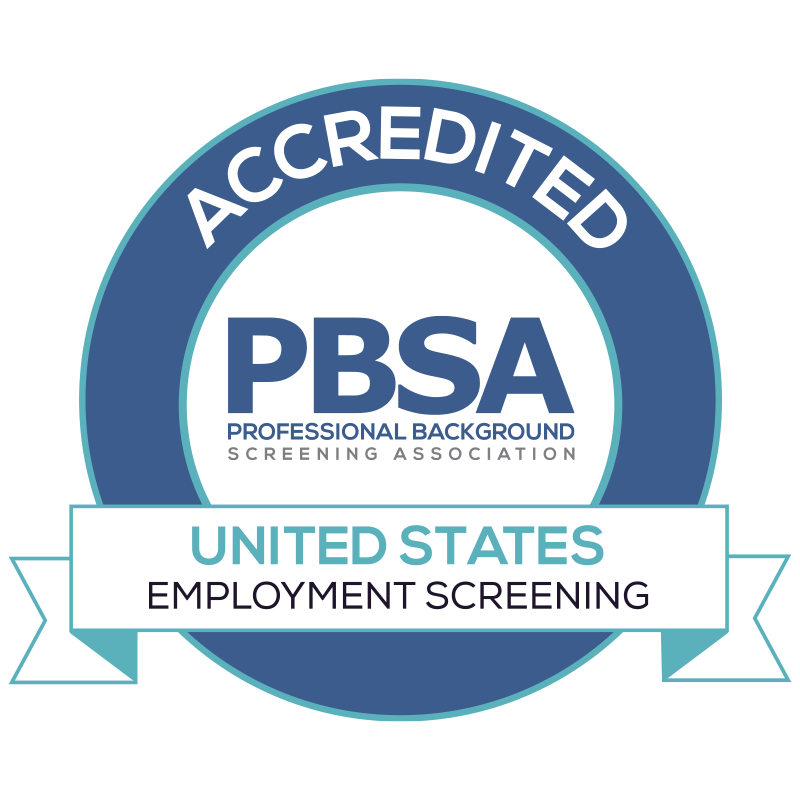Hiring minors can be a practical and cost-effective solution for businesses, particularly during peak seasons such as summer vacation or the holiday rush. Many employers benefit from lower labor costs, increased scheduling flexibility, and potential tax incentives. According to the U.S. Bureau of Labor Statistics, more than 5 million teens ages 16 to 19 are part of the American workforce during the summer months alone. However, when employing minors, businesses must recognize the unique legal and ethical obligations that come with conducting background checks on this age group.
Legal Restrictions and Privacy Concerns
One of the first challenges in performing background checks on minors is the limited access to their criminal records. Juvenile records are typically sealed or expunged to protect a young person’s future, and laws surrounding these records vary by state. For example, some states prohibit any access to juvenile criminal records unless the minor has been tried as an adult. Even when records are accessible, they may not contain the same level of detail found in adult records. The Fair Credit Reporting Act (FCRA) also applies, ensuring that minors’ personal information is handled with the same level of accuracy, fairness, and privacy as adults.
Employers should be especially cautious not to rely on consumer reporting agencies that do not understand the legal nuances of working with minors. Failing to comply with FCRA or state-specific privacy regulations can result in significant legal liabilities.
Parental or Guardian Consent
An essential step in the background screening process is securing written consent from a parent or legal guardian. Unlike adults, minors cannot legally authorize a background check on their own. This requirement is both a legal safeguard and a best practice in terms of ethics and transparency. Employers should clearly explain what the check includes, such as education verification or prior employment (if applicable), and why it’s necessary for the position. This upfront communication fosters trust with both the minor and their family, laying the foundation for a positive working relationship.
Weighing Juvenile Records with Care
Even if a juvenile offense appears in a background check, employers should be cautious in how that information is interpreted. Youths are in a developmental stage, and minor infractions shouldn’t automatically disqualify them from employment opportunities. Instead, any relevant information should be assessed in light of the minor’s age at the time of the offense, the nature of the incident, and the time that has passed since it occurred. Employers who take a more holistic view can help ensure that young workers aren’t unfairly penalized for mistakes that are part of the growing process.
Despite the potential for growth and rehabilitation, the expungement of juvenile records remains infrequent. For instance, a study by the Illinois Juvenile Justice Commission revealed that between 2004 and 2014, only three out of every 1,000 juvenile arrests in Illinois were expunged, even though approximately 95.5% of these arrests were for nonviolent offenses. This statistic underscores the importance of evaluating juvenile records within the broader context of a minor’s development and the challenges associated with record expungement.
Aligning Background Checks with Job Duties
Not every role requires the same level of scrutiny, especially when it comes to hiring minors. Employers should consider tailoring the scope of a background check to fit the nature of the job. For instance, a part-time cashier position may not necessitate as comprehensive a screening as a role involving unsupervised access to sensitive information or customer homes. Over-screening can lead to unnecessary delays, legal risks, and missed opportunities to hire promising young talent. A risk-based approach ensures that employers remain compliant while respecting the privacy and developmental stage of young applicants.
Partnering with a Trusted Background Check Provider
Due to the complexities involved in screening minors, working with a reputable provider like AB Global can make a significant difference. Reliable screening partners understand both federal and state laws related to minors and can advise employers on what can and cannot be considered during the hiring process. They also ensure that the background check process is both compliant and respectful of the unique protections afforded to minors.
Final Thoughts
Conducting a background check on a minor is not the same as screening an adult. It’s a sensitive process that involves navigating a layered landscape of privacy laws, juvenile record restrictions, and the requirement of parental consent. However, with thoughtful planning, the right screening partner, and a focus on fairness, employers can responsibly bring minors into their workforce while protecting their own operations and the young individuals they hope to support.
If your organization hires minors, make sure you have a clear and compliant background screening policy in place. It’s not just about protecting your business. It’s about conducting these checks responsibly, ensuring that the minor’s rights are protected while making informed decisions. It’s about fostering opportunity and trust from the very first step.







